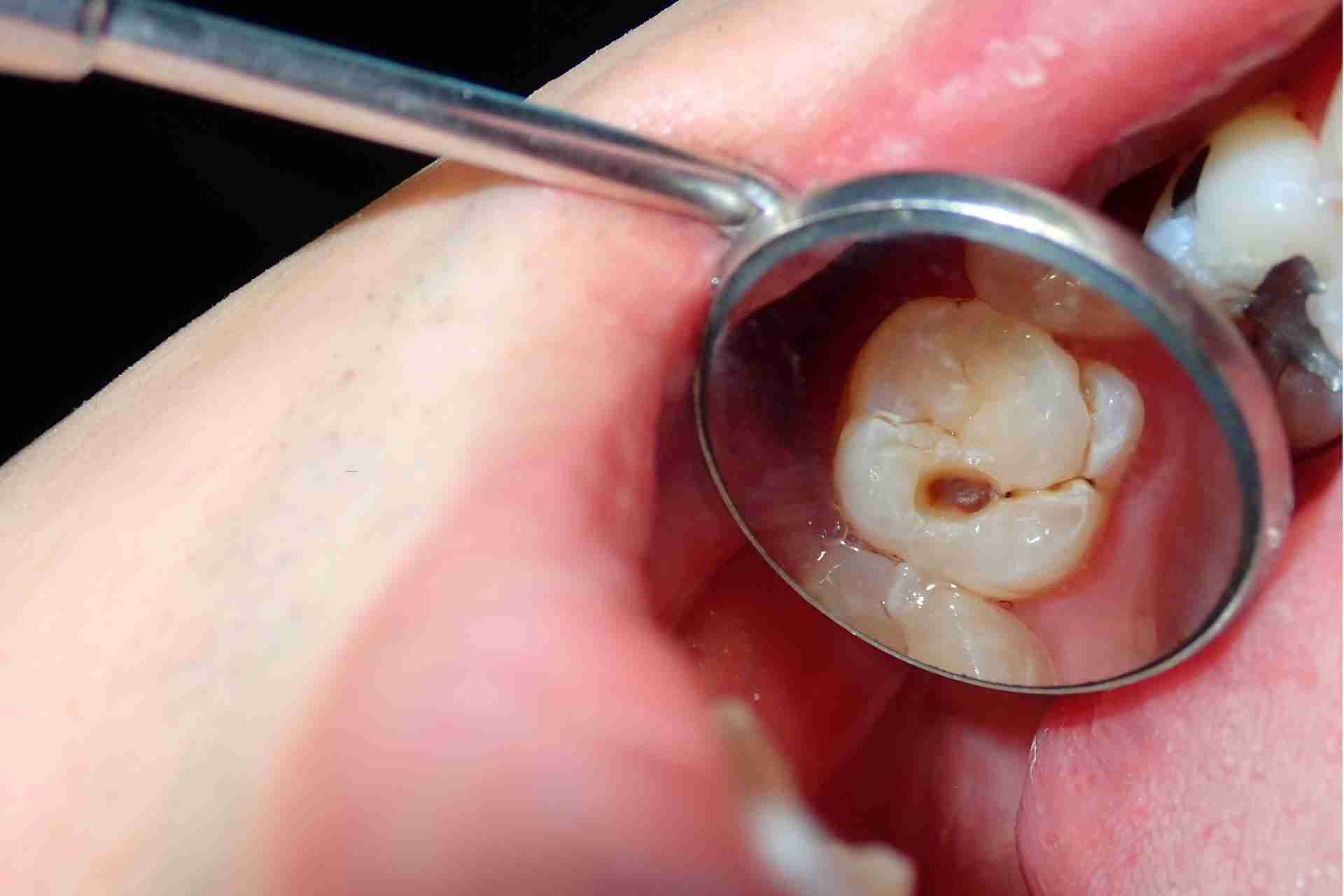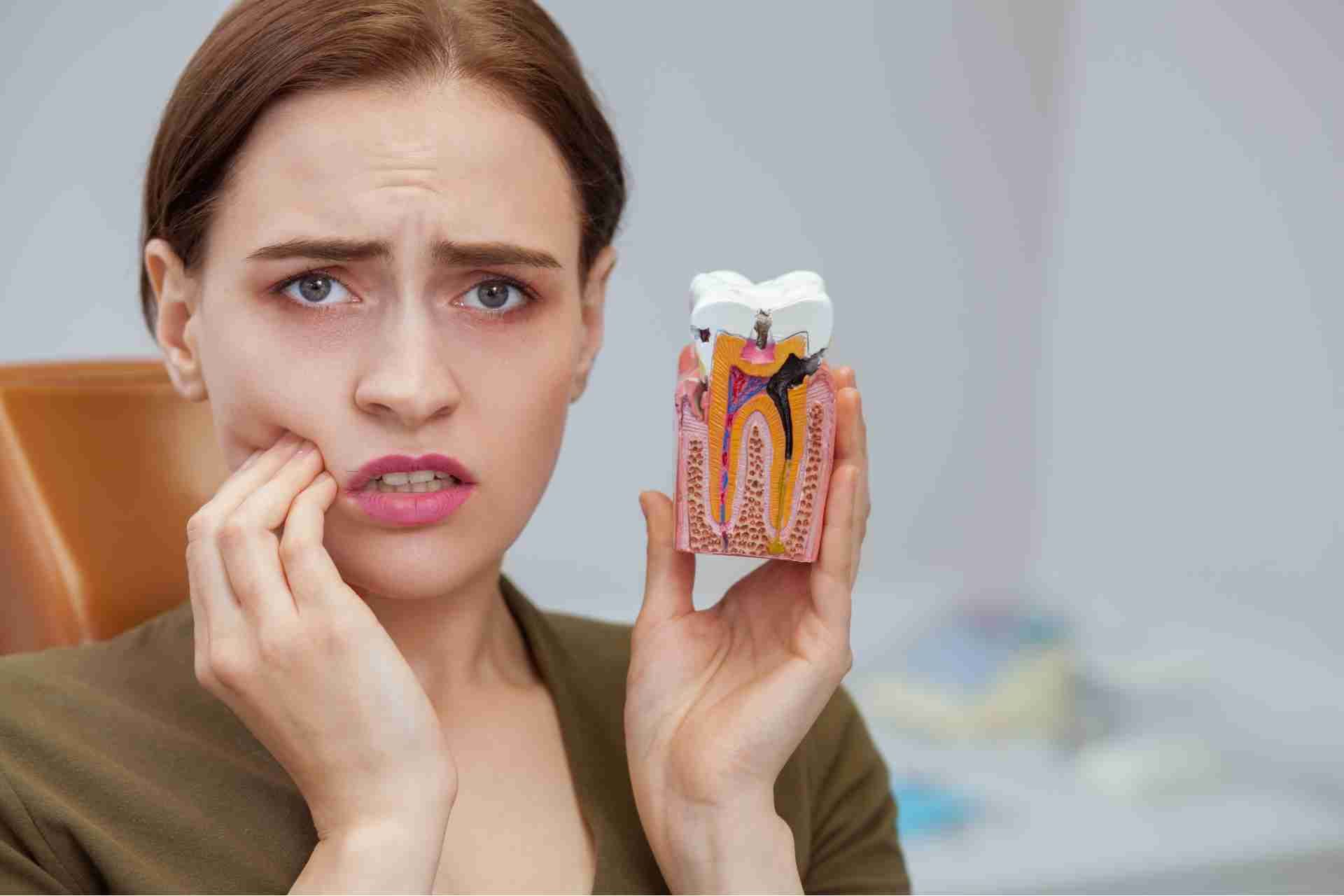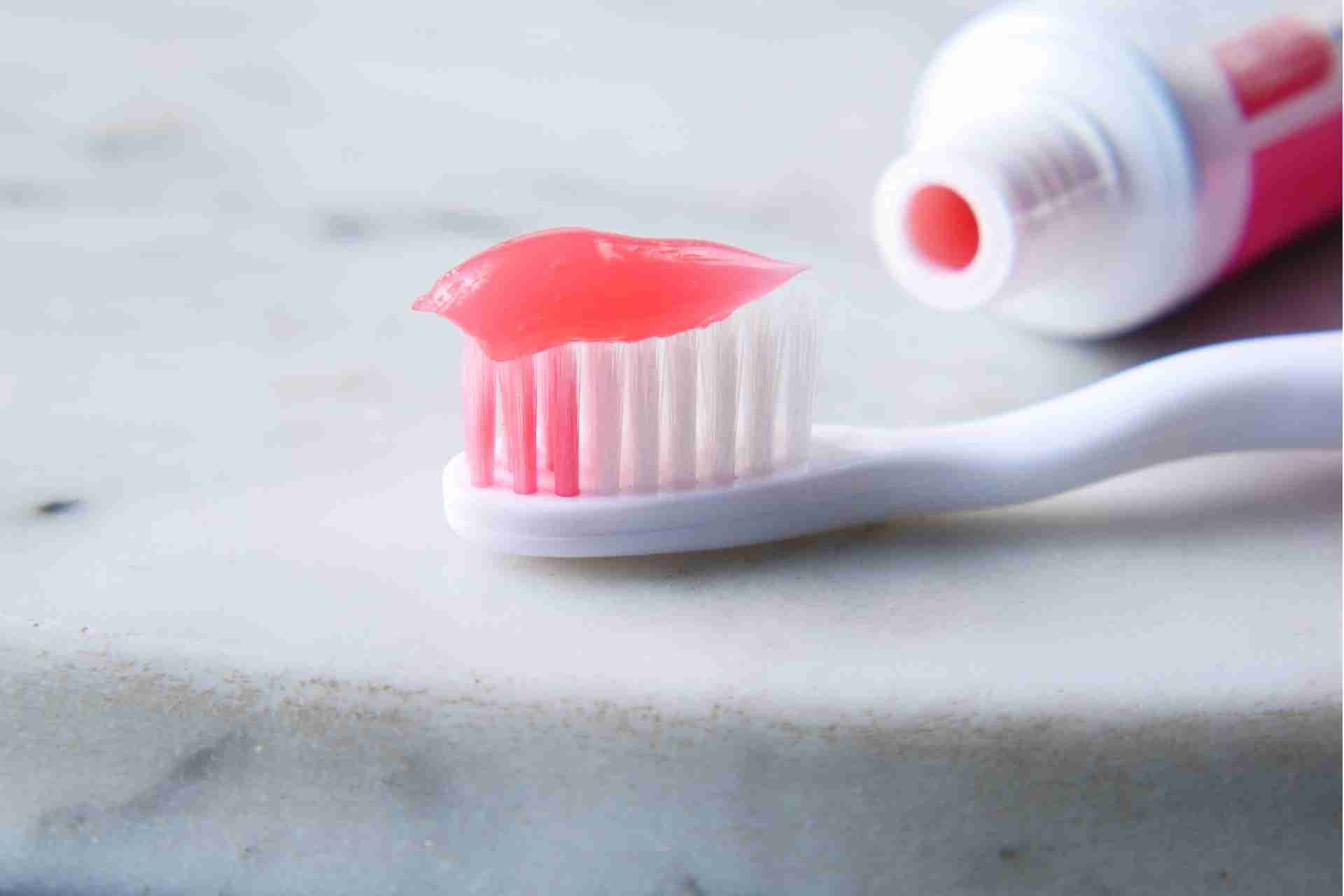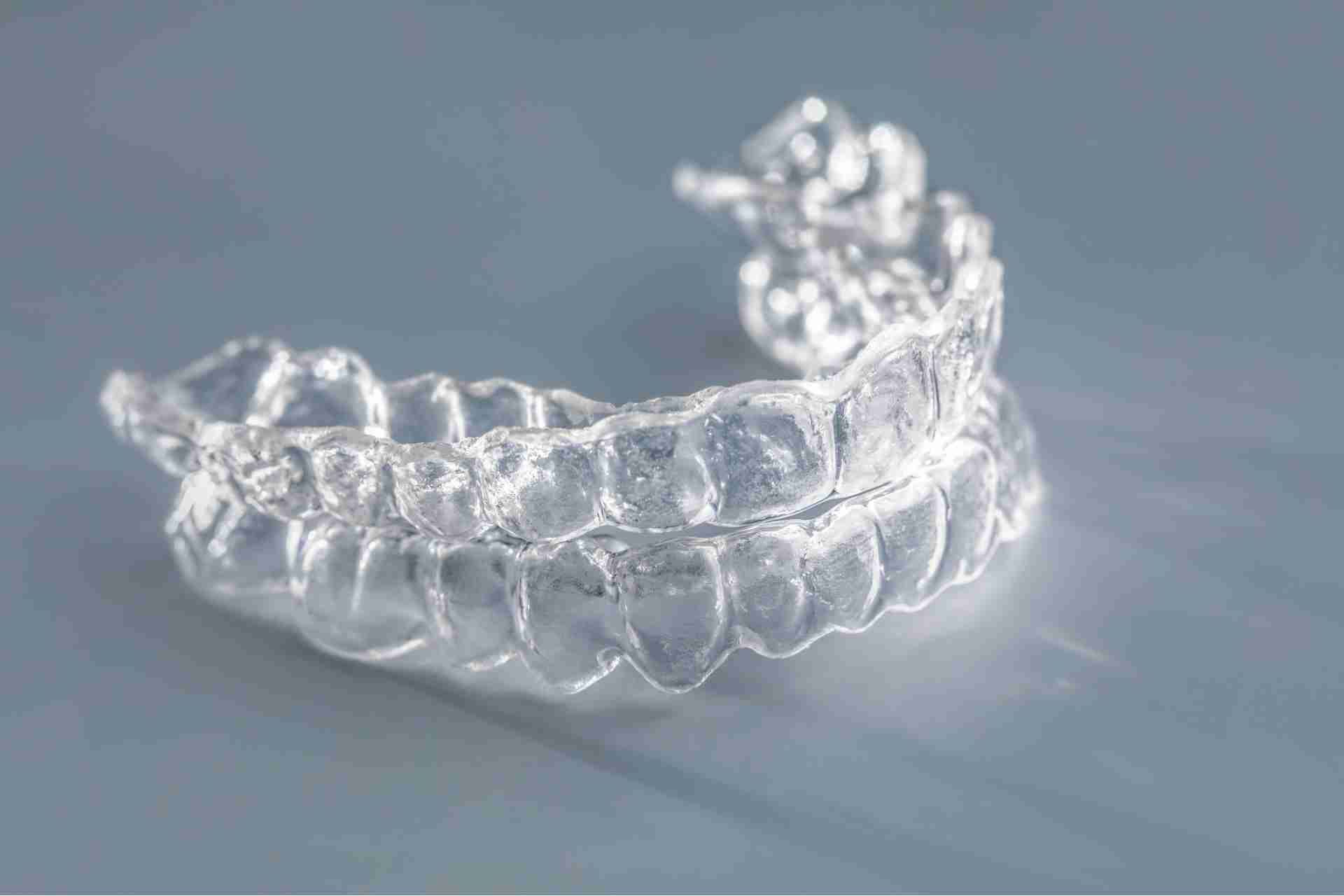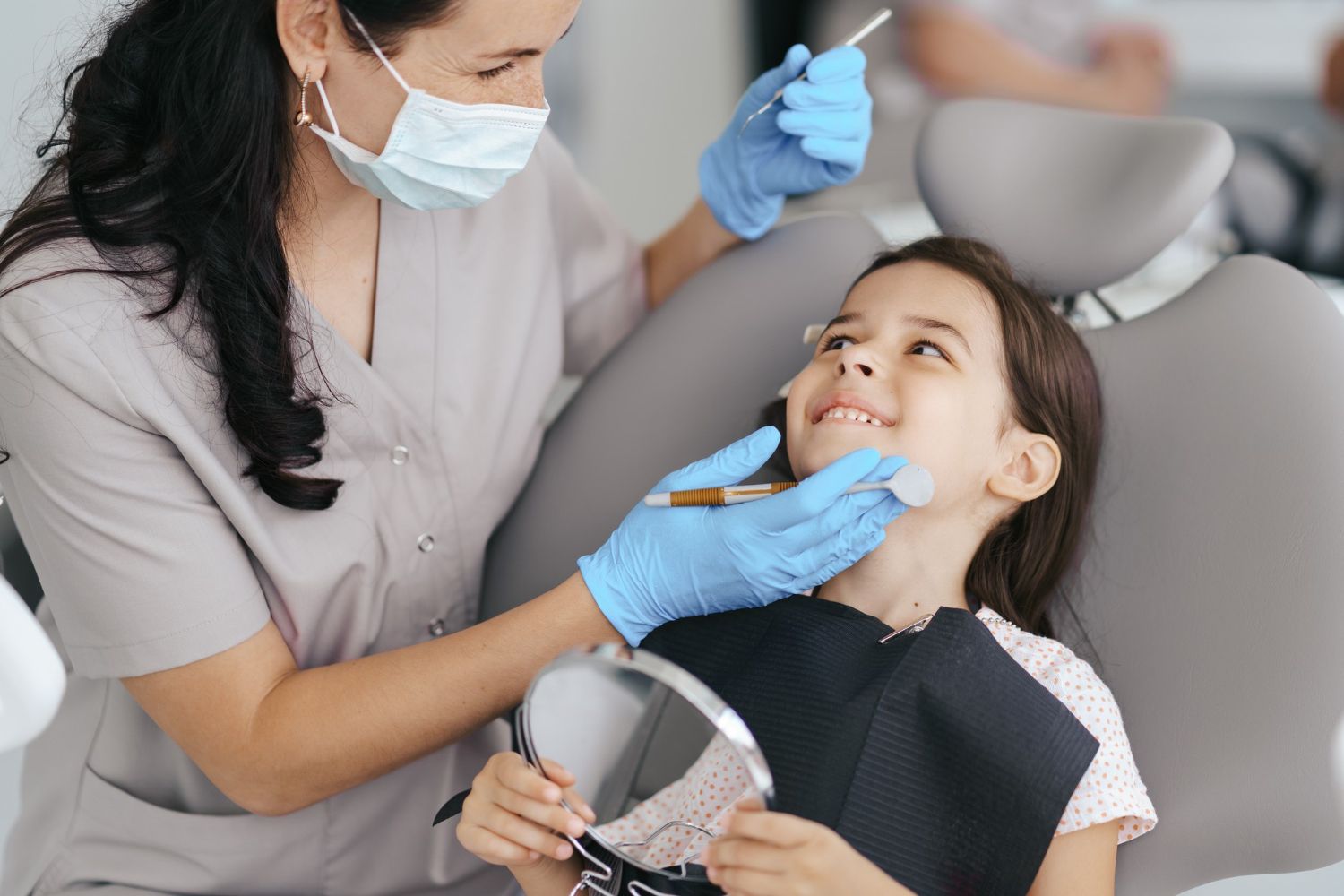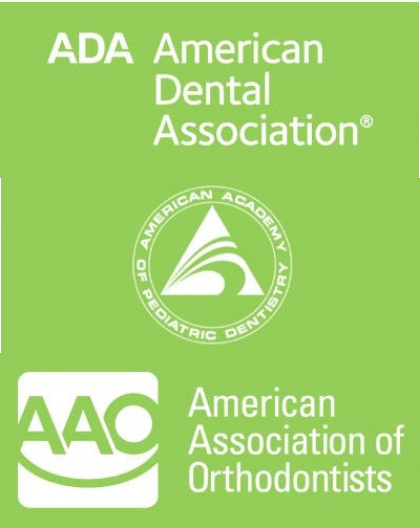What Causes a Tooth Cavity

You might think a tooth cavity is just a tiny annoyance, but the reality is far more serious than that.
Ever wondered what really causes those pesky holes in your teeth? Well, it's not just about forgetting to brush your teeth before bed.
Tooth cavities, also known as dental caries, are one of the most common oral health issues facing people of all ages. They are small holes or openings in the teeth that develop as a result of tooth decay. But what exactly causes a tooth cavity to form?
The main culprit behind cavities is tooth decay. This occurs when bacteria in your mouth produce acids that break down the outer layer of your teeth, called the enamel. When the enamel is weakened, it creates a hole or cavity in your tooth.
Let's uncover the hidden reasons behind those unwelcome cavities that keep popping up in your mouth.
Poor Oral Hygiene Habits
Poor oral hygiene habits can lead to a host of problems, one of the most common being tooth cavities.
Tooth cavities, also known as dental caries or decay, are caused by the build-up of plaque on the teeth. Plaque is a sticky film of bacteria that forms on the teeth when we eat sugary or starchy foods. If left untreated, this plaque can eat away at the enamel of the tooth, leading to the formation of a cavity.
One of the main culprits of poor oral hygiene habits is not brushing and flossing regularly. Brushing and flossing help remove plaque and prevent cavities from forming. It is recommended to brush your teeth at least twice a day and floss once a day to maintain good oral hygiene.
Another contributing factor to cavities is a diet high in sugary and acidic foods and drinks. These substances can erode the enamel of the tooth, making it more susceptible to decay. It is important to limit the consumption of sugary and acidic foods and drinks and opt for healthier alternatives to maintain good oral health.
Neglecting regular dental check-ups and cleanings can also contribute to the development of cavities. Dentists can detect early signs of cavities and provide treatment to prevent them from getting worse. It is recommended to visit the dentist at least twice a year for a check-up and cleaning.
Sugar and Carbohydrate Consumption
One of the biggest threats to oral health is the consumption of sugar and carbohydrates. While delicious and satisfying, these foods can wreak havoc on our teeth and lead to cavities if consumed in excess.
When we eat sugary and carbohydrate-rich foods, harmful bacteria in our mouths feed on the residual sugars and produce acid as a byproduct. This acid then attacks the enamel, or the protective outer layer of our teeth, causing it to weaken and eventually leading to the formation of cavities.
Sticky and starchy foods can also get stuck in between our teeth and provide a breeding ground for bacteria, further increasing our risk of developing cavities.
To prevent cavities caused by sugar and carbohydrate consumption, it is essential to practice good oral hygiene habits. This includes brushing your teeth twice a day, flossing daily, and using mouthwash to help remove food particles and bacteria from your mouth.
It is recommended to limit your intake of sugary and carbohydrate-rich foods and opt for healthier alternatives such as fruits, vegetables, and whole grains. Drinking plenty of water throughout the day can also help wash away food particles and reduce the buildup of plaque on your teeth.
Acidic Foods and Drinks
Acidic foods and drinks include items such as citrus fruits, tomatoes, wine, soda, and coffee. When we consume these acidic substances, they can soften the enamel on our teeth, which is the protective outer layer that helps prevent tooth decay. Over time, the enamel can wear away, leading to cavities and other dental issues.
One of the main ways that acidic foods and drinks can lead to tooth decay is by creating an acidic environment in the mouth. When the pH level in the mouth drops below a certain point, bacteria that cause cavities thrive and multiply. This can result in the formation of plaque, which is a sticky film of bacteria that can eat away at the enamel and cause cavities.
Acidic foods and drinks can also lead to tooth erosion. Tooth erosion occurs when acid breaks down the minerals in the enamel, causing it to become thinner and weaker. This can make the teeth more sensitive to temperature changes and more susceptible to damage.
So, what can we do to protect our teeth from the harmful effects of acidic foods and drinks? One simple step is to limit the consumption of acidic substances and opt for healthier alternatives. For example, instead of drinking soda, try drinking water or herbal tea. Instead of snacking on citrus fruits, try eating crunchy vegetables or nuts.
Dry mouth
While dry mouth may seem like a minor inconvenience, the truth is that it can have serious implications for your oral health, including an increased risk of developing tooth cavities.
Saliva plays a crucial role in maintaining the health of your teeth and gums. It helps to wash away food particles and bacteria, neutralize acids that can erode tooth enamel, and promote the remineralization of enamel to strengthen teeth. When there is not enough saliva present in the mouth, these protective functions are compromised, leaving your teeth vulnerable to decay.
Without an adequate amount of saliva to keep your mouth clean and balanced, harmful bacteria can thrive and produce acids that attack and weaken the enamel of your teeth. Over time, this can lead to the formation of cavities, which are small holes that develop in the tooth structure. If left untreated, cavities can worsen and ultimately result in pain, infection, and even tooth loss.
In the meantime, there are some steps you can take to help alleviate dry mouth and reduce your risk of developing cavities. Drinking plenty of water throughout the day, chewing sugar-free gum, and using saliva substitutes or moisturizing mouth rinses can all help to increase saliva production and keep your mouth hydrated. You may also want to avoid caffeine, alcohol, and tobacco, as these substances can contribute to dry mouth.
Genetics
Recent research has shown that genetics can influence an individual's susceptibility to tooth decay. This is because our genes determine the strength of our tooth enamel, which is the protective outer layer of our teeth. Enamel is made up of minerals such as calcium and phosphate, and some people may inherit genes that make their enamel more prone to erosion and decay.
Genetics can also affect the composition of our saliva, which plays a crucial role in protecting our teeth from decay. Saliva helps to wash away food particles and neutralize acids in the mouth that can erode enamel. Some people may have genes that result in reduced saliva production or a lower pH level in their saliva, making them more susceptible to cavities.
Genetic factors can influence the shape and structure of an individual's teeth, which can impact their risk of developing cavities. For example, some people may inherit crowded or crooked teeth that are more difficult to clean effectively, leading to a higher likelihood of plaque buildup and decay.
If you have a family history of tooth decay or are concerned about your genetic risk factors for cavities, it is a good idea to discuss this with your dentist. They can provide personalized recommendations and strategies to help you maintain a healthy smile for years to come.
Age
There are several reasons why age causes tooth cavities. One of the main reasons is that over time, our enamel, the protective outer layer of our teeth, wears down. This can make our teeth more susceptible to decay and cavities. Additionally, as we age, our saliva production decreases, which can also contribute to cavities. Saliva helps to wash away food particles and bacteria that can cause decay, so a decrease in saliva can lead to a higher risk of cavities.
Another factor that can contribute to tooth decay in older adults is gum recession. As we age, our gums can recede, exposing the roots of our teeth. The roots are not covered with enamel like the rest of the tooth, making them more prone to decay.
Older adults may be more likely to have other health conditions or take medications that can have a negative effect on oral health. Certain medications can cause dry mouth, which as mentioned earlier, can increase the risk of cavities. Health conditions that weaken the immune system or affect saliva production can also play a role in tooth decay.
